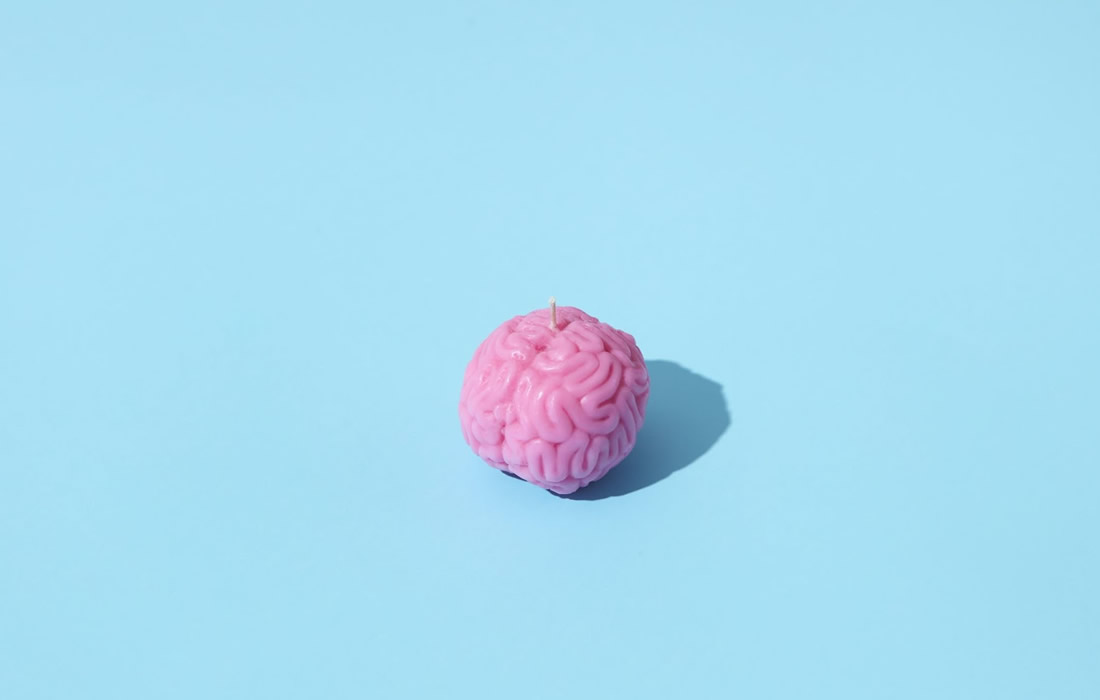Lifestyle
Stress Could Change More Genes in the Brain Than a Head Injury
It’s already known that head injuries are common in young kids, especially from falling, and can be linked to mood disorders and social difficulties that emerge later in life. Adverse childhood experiences are also very common, and can raise risk for disease, mental illness and substance misuse in adulthood.
“We wanted to understand whether experiencing a traumatic brain injury in the context of early life stress circumstances could modulate the response to the brain injury.” said senior study author Kathryn Lenz
“We found many, many, many more genes were differentially expressed as a result of our early life stress manipulation than our traumatic brain injury manipulation,” Lenz said.
Researchers temporarily separated newborn rats from their mothers daily for 14 days to induce stress mimicking the effects of adverse childhood experiences, which include a variety of potentially traumatic events. On day 15, a time when rats are developmentally equivalent to a toddler, stressed and non-stressed rats were given either a concussion-like head injury under anesthesia or no head injury. Three conditions — stress alone, head injury alone and stress combined with head injury — were compared to uninjured, non-stressed rats.
Stress alone and stress combined with traumatic brain injury (TBI) produced a few noteworthy results. Both conditions activate pathways in excitatory and inhibitory neurons associated with plasticity, which is the brain’s ability to adapt to all kinds of changes — mostly to promote flexibility, but sometimes, when the changes are maladaptive, resulting in negative outcomes.
“This may suggest that the brain is being opened up to a new period of vulnerability or is actively changing during this period of time when it could program later life deficits,” Breach said.
Both conditions also had an effect on signaling related to oxytocin, a hormone linked to maternal behavior and social bonding. Stress alone and combined with TBI activated this oxytocin pathway, but brain injury alone inhibited it.
“Both stress and TBI are linked to abnormal social behavior, but we’re finding these differing effects with the oxytocin signaling,” Breach said. “That demonstrates that the effect of stress might modulate how TBI is changing the brain since the combination treatment was different from TBI on its own. Oxytocin is involved in the response to stress and repair, so that may mean it could be an interesting modulator for us to pursue in the future.”
In behavior tests in rats that had aged into adulthood, only animals that experienced early-life stress were prone to more frequently entering a wide-open space — a location that typically makes rodents feel vulnerable to predators.
The behavior data pointing to detrimental effects of early-life stress provides further evidence of the need to address adverse childhood experiences, Lenz said.
“Things like social support and enrichment can buffer the effects of early-life stress — that has been shown in animal models and in people,” she said. “I don’t think it can be over-emphasized how damaging early-life stressors can be if they’re not dealt with.”
Sources:
Ohio State University. “Early-life stress changes more genes in the brain than a head injury.” ScienceDaily. ScienceDaily, 13 November 2023. <www.sciencedaily.com/releases/2023/11/231113111823.htm>.
Materials provided by Ohio State University. Original written by Emily Caldwell. Note: Content may be edited for style and length.
Images from:
Photo by Ds Stories

